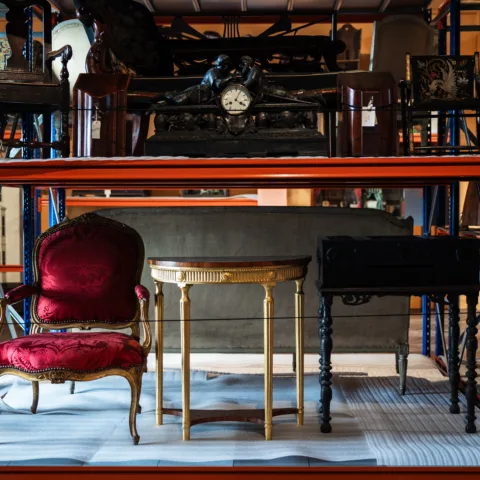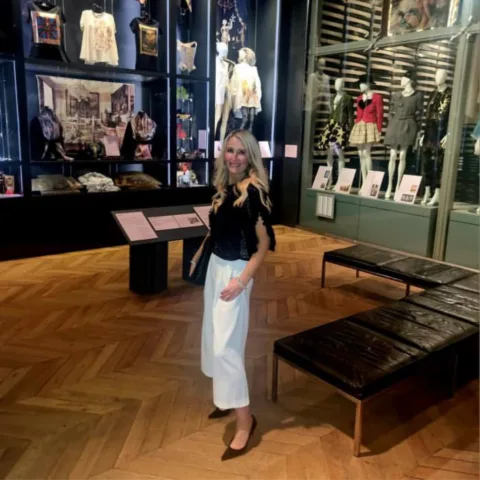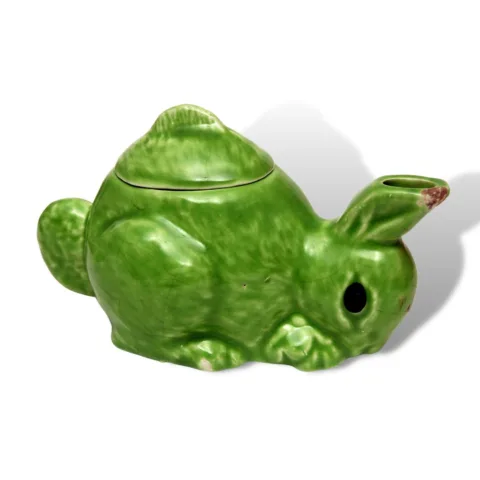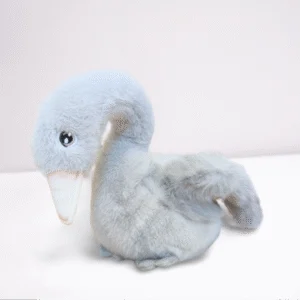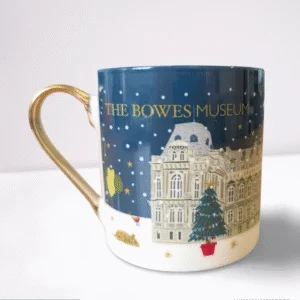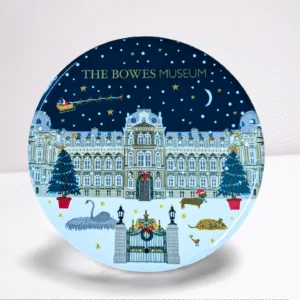The Bowes Museum Blog

Conservation in the Stores
9 Dec 2014
Recently we found two objects in the stores in a poor condition, both needed urgent conservation attention. The first is a small canopy bed, catalogued as part of the toy collection. It may have been used as a toy for a doll or as a proper bed (crib) for a small child. The piece consists of a wooden structure (47 x 63 x 86 cm high, width and deep) with carved front legs with floral motifs; the visible structure is made from a fine-grained wood, whereas the slatted bed base is made from pine. The bed has wooden curtain rails, with metal curtain rings to hang the curtains, which have long since disappeared. The bed has been upholstered with a floral woven fabric, which appears to be cotton. The pelmets have a festooned shape, edged with braid. The headboard is upholstered on both sides. The bed does not have a canopy, but has five reinforcement bands across the top that continue down onto the headboard.
I did full documentation and photography, and created a condition report for the object. I surface cleaned using a micro-vacuum and chemical sponge, and re-secured the loose edging of the pelmets. I created a Tyvek cover to protect the bed from dust, and put it back into the toy store. The bed is now stable, although needs further conservation work in the future.
The second object is a helmet which is thought to have belonged to Napoleon III’s bodyguard. It was found a few weeks ago in the stores, badly packed into a box, and surrounded by dead insects (they had been feasting on the fur). This discovery hides a surprise… it is a not catalogued object. I had to fully document the piece and do the photographic report, while we wait for the museum to assign a catalogue number. The metal helmet has a visor, covered in leather, and a horsehair plume. The metal plume structure is decorated with geometric, vegetal designs and centre motif of Medusa. The lower perimeter is covered with a band of unidentified animal fur, the inner perimeter has also a leather band to hold the helmet to the head and make it more comfortable to wear. I surface cleaned the helmet with a micro-vacuum, and checked the piece has no active insect infestation (fortunately it didn’t). I created a custom support to store the helmet on, until now it was lying on its side, crushing the horsehair in the helmet’s plume.
Maybe these activities seems less glamorous than working on a display but the maintenance of the objects documented, and ensuring that they are stored in the correct way, is essential for the correct health of the entire collection.
By Maria Pardos, Textile Conservation Intern








